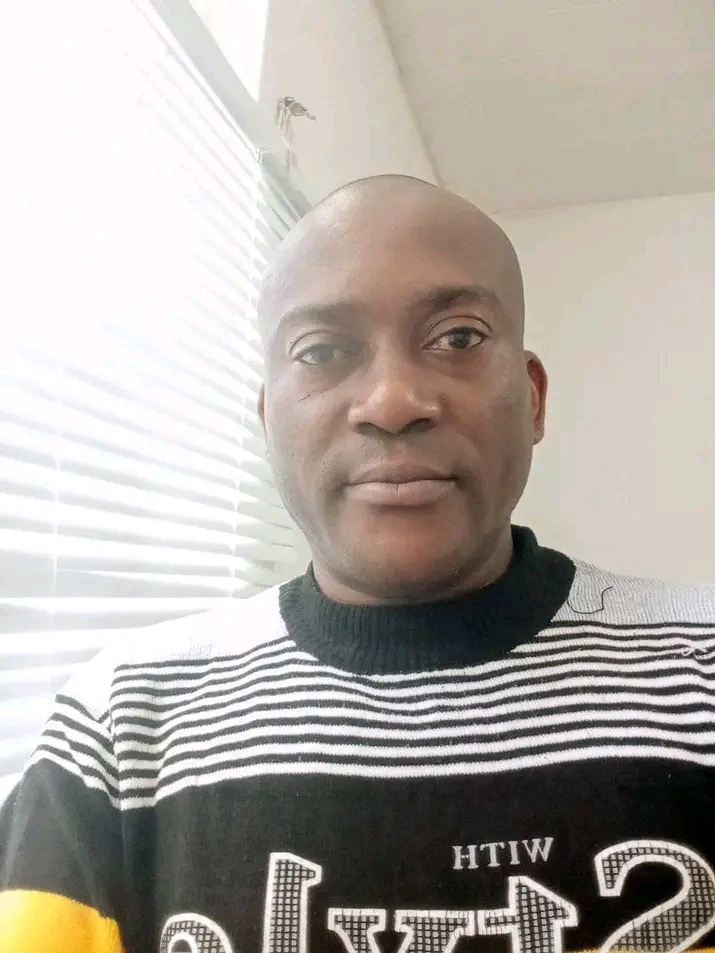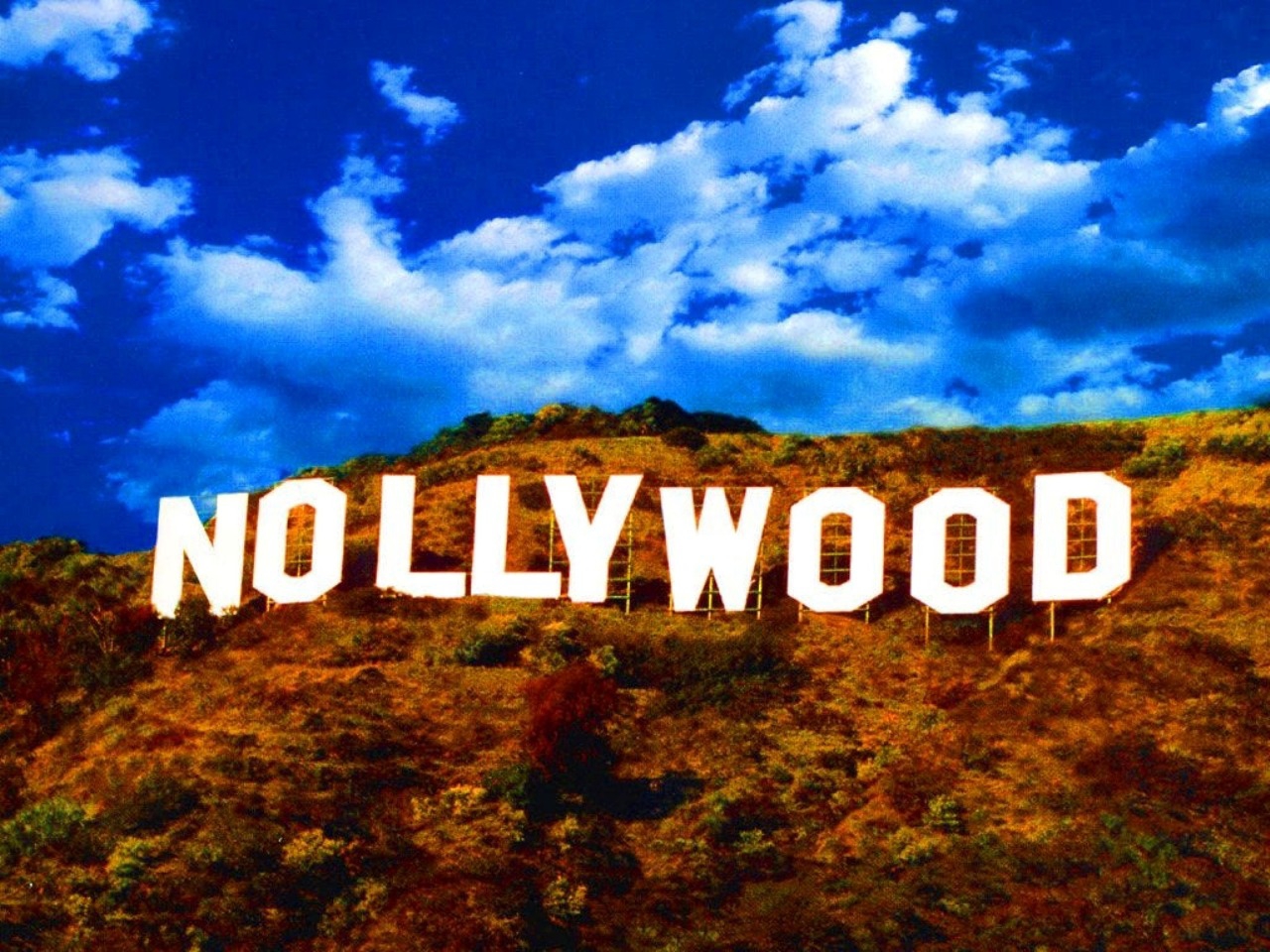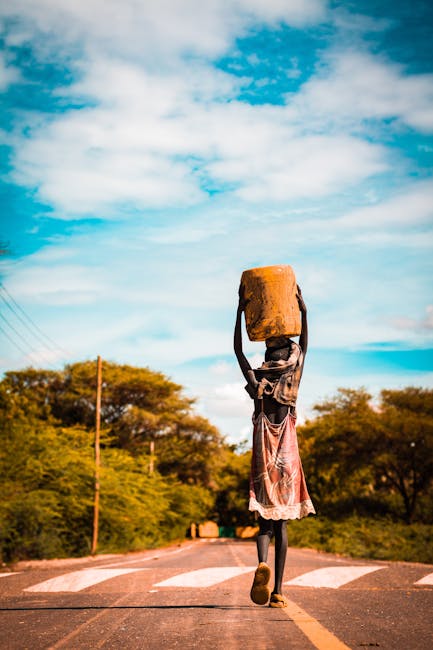

Rewriting the Narrative: How Nollywood Can Reclaim Nigeria’s Global Image
NNOLI SYLVESTER CHIKELUE@sylvesternnoli140312
10 months ago
#neighbors
In today’s interconnected world, national identity is no longer solely shaped by historical facts or academic discourse. Instead, it is curated, projected, and reinforced through mass media, particularly film. For Nigeria, Nollywood, the world’s second-largest film industry by volume, stands as a giant mirror through which the world sees her. Unfortunately, this mirror has become warped, reflecting a distorted image of a nation rich in culture, resilience, innovation, and potential.
For too long, Nollywood has been guilty of a persistent thematic obsession, one that thrives on tales of rituals, armed robbery, internet fraud, and political corruption. These storylines, while sometimes rooted in truth, are often exaggerated and presented with little context, creating a one-dimensional portrayal of Nigerians as either perpetrators of crime or victims of it. This portrayal is not only misleading but dangerously influential.
A Global Misunderstanding
A friend once asked me, “How do people still survive in Nigeria amid all these ceaseless pandemonium?” He had never visited Nigeria but was confident in his understanding of the country, an understanding shaped entirely by the lens of Nollywood. He described Nigeria as “inhabitable,” unable to distinguish between fiction and reality because, in his eyes, there was no line. That is the danger of media misrepresentation. It shapes perception, and perception drives action, or inaction. Tourism declines. Investment stalls. Trust erodes.
Nollywood: A Cultural Powerhouse Misfiring
Nollywood is undeniably a cultural powerhouse. It reaches millions across Africa and the diaspora. It holds the potential to be one of Nigeria’s strongest tools of soft power, like Hollywood is to the United States. Hollywood films often reinforce American values: justice, innovation, resilience, and unity. They portray the U.S. as a land of opportunity and security. Even in films centered around war or crime, there’s always a redeeming message, hope, justice, or redemption.
Nollywood, however, often stops at sensationalism. Crime is portrayed, but seldom is there meaningful justice. Evil is glorified. Traditional beliefs are vilified or misrepresented. The rich tapestry of Nigerian heritage, its languages, cuisines, historic landmarks, fashion, and folklore, is rarely celebrated. Instead, films tend to recycle harmful stereotypes, driven not by national pride but by marketability and a hunger for profit.
Gatekeeping and the Cycle of Repetition
Another underlying issue is the gatekeeping culture within the industry. The same set of writers, directors, and producers dominate the narrative. New voices, particularly those who aim to portray Nigeria in a nuanced, positive, or progressive light, are rarely given a platform. The consequence is creative stagnation. If you tell the same stories in the same ways, you can only expect the same results.
This monopolization of storytelling stifles creativity, silences emerging talent, and ensures that only a narrow, often negative, perspective of Nigeria is seen and heard.
The Ripple Effect on National Image and Economy
When a country’s main cultural export projects fear, disorder, and corruption, the ripple effects are real. Investors second-guess market potential. International students look elsewhere for education. Tourists opt for destinations that seem safer and more welcoming. And the diaspora struggles with identity, often facing prejudice based on a fictional Nigeria seen in film.
In a global economy, perception is currency. Nations that are seen as stable, progressive, and culturally rich attract foreign direct investment, international collaborations, and tourism. Nollywood, if properly guided, could be a conduit for this prosperity.
Solutions: A Path Toward Restorative Representation
To course-correct, a multi-pronged strategy is essential. The following steps should be seriously considered by stakeholders, including the government, private investors, and the creative community:
Institutional Oversight and Regulation: The Nigerian Film and Video Censors Board (NFVCB) and Ministry of Information and Culture must go beyond censorship for profanity or nudity. They must assess thematic patterns that consistently harm the national image. A content rating and review system should reward films that promote cultural richness, unity, innovation, and positivity.
Grants and Incentives for Fresh Voices: Government and private organizations should create grant schemes and film funds specifically targeted at emerging filmmakers and writers whose work explores untold stories of Nigeria, our innovation hubs, tech startups, heroic communities, and stunning landscapes.
Cultural Literacy and Screenwriting Workshops: To empower new storytellers, there should be accessible training programs focused on cultural literacy and creative storytelling. This would help deconstruct lazy tropes and build layered, meaningful narratives.
National Media Branding Initiative: Just as countries like South Korea have promoted K-pop and K-drama as tools of global influence, Nigeria should consider a national initiative to export positive cultural products, films, music, literature, that showcase the true soul of the nation.
Public-Private Partnerships: Collaborations between tech companies, universities, tourism boards, and filmmakers could birth documentaries, short films, and series that travel beyond Netflix into classrooms, airports, embassies, and business expos.
Feedback Channels and Audience Engagement: Viewers should be empowered to give feedback that actually matters. A Nollywood review board that includes diverse viewers, both local and international, can help creators understand the impact of their content.
A Call to Conscience
To the creatives behind Nollywood: this is not a call to silence your art or sugarcoat the truth. It’s a call to balance. Nigeria is not without its flaws, but it is also a country of brilliance, innovation, warmth, and humanity. Why do we hide that?
To the policymakers: it’s time to view the creative industry not just as entertainment but as a national asset. One that can either damage or uplift our image. The regulatory frameworks must adapt accordingly.
To the viewers and diaspora: demand better. Support films that uplift. Share content that inspires. Correct misconceptions when you see them.
Nigeria’s story is not finished. The pen is still in our hands. The lens is still ours to turn. Let us turn it wisely, so that when the world watches, they see us for who we truly are, not just the shadows cast by fiction, but the light of a nation rising.
Sylvester Chikelue Nnoli
#Motivation
#Hellonircle
#Readmynircleblog
#ArtofArtist
#Learning
#Followme
#Neighbors
#poadcast
#NircleCommunity
#NircleForums
#Africa





